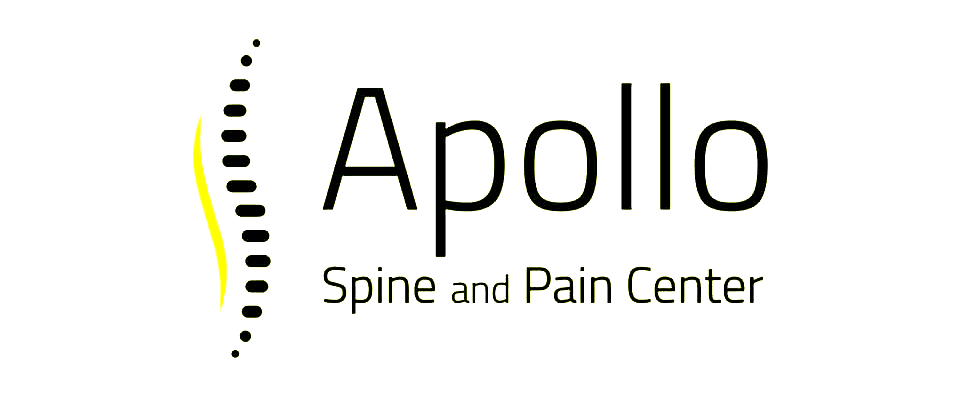Managing Trigeminal Neuralgia: Cutting-Edge Pain Relief Methods
Trigeminal Neuralgia is a chronic pain disorder that affects the trigeminal nerve, which carries sensations from your face to your brain. This condition is characterized by sudden, severe facial pain, often described as a sharp, electric shock. These painful episodes can last from a few seconds to several minutes and may be triggered by everyday activities like chewing, speaking, or even touching the face. Living with trigeminal neuralgia can be incredibly challenging, as the pain can become debilitating and affect one’s ability to perform daily activities.
The exact cause of trigeminal neuralgia is not always clear, but it is often associated with the compression of the trigeminal nerve by a blood vessel, leading to nerve irritation. Other potential causes include conditions like multiple sclerosis or tumors that affect the trigeminal nerve pathways. The condition is more common in individuals over the age of 50 and can significantly impact the quality of life if left untreated.
Addressing trigeminal neuralgia effectively requires a multi-faceted approach. Advanced medication management, innovative interventional techniques, and tailored therapeutic approaches are essential to provide sustained pain relief and improve the quality of life for those affected by this painful condition. In the following sections, we will delve into cutting-edge methods that offer hope and relief for managing trigeminal neuralgia.
Understanding Trigeminal Neuralgia: Causes and Symptoms
Trigeminal neuralgia is a condition that stems from issues with the trigeminal nerve, which is responsible for transmitting sensory information from the face to the brain. When this nerve malfunctions or becomes compressed, it can lead to severe, chronic pain. One of the primary causes of this nerve compression is the contact of a blood vessel with the trigeminal nerve at the base of the brain. This contact puts pressure on the nerve, leading to its irritation.
Symptoms of trigeminal neuralgia are unmistakable and often extremely painful. Patients experience sudden, intense facial pain that is usually localized to one side of the face. This pain can feel like an electric shock or stabbing sensation and may last from a few seconds to several minutes. Common triggers for these painful episodes include everyday activities like chewing, speaking, brushing teeth, or even light touches to the face, making daily routines challenging and distressing. Understanding these symptoms and their triggers is essential for effective diagnosis and management.
Advanced Medication Management for Trigeminal Neuralgia
Managing trigeminal neuralgia often starts with medication to help reduce the nerve pain. Anticonvulsants, such as carbamazepine and oxcarbazepine, are commonly prescribed as first-line treatments. These medications work by stabilizing the electrical activity in the nerve cells, which helps to reduce the frequency and intensity of pain episodes. Despite their effectiveness, anticonvulsants can cause side effects like dizziness, drowsiness, and nausea, making it essential to monitor patients closely.
In cases where anticonvulsants are not effective or cause intolerable side effects, other medications may be considered. Muscle relaxants like baclofen can be used in combination with anticonvulsants to provide additional pain relief. Additionally, tricyclic antidepressants such as amitriptyline and nortriptyline may be prescribed to help manage both pain and mood, as chronic pain often leads to depression and anxiety. Topical treatments, including lidocaine patches and capsaicin cream, can also be considered for localized pain relief.
By leveraging a range of medications, we can tailor treatment plans to individual needs, ensuring more effective pain control and improved quality of life for those suffering from trigeminal neuralgia.
Innovative Interventional Pain Management Techniques
In cases where medication alone does not provide adequate relief, interventional pain management techniques offer promising alternatives. These minimally invasive procedures aim to target the root cause of the pain and provide longer-lasting relief. One such technique is radiofrequency ablation, which involves using heat generated by radio waves to destroy nerve fibers that carry pain signals to the brain. This procedure can offer significant pain relief and improve the quality of life for many patients.
Another effective intervention is microvascular decompression, a surgical procedure designed to relieve abnormal compression of the trigeminal nerve by blood vessels. During this procedure, a surgeon moves the blood vessels away from the nerve and places a small pad between the blood vessel and the nerve to prevent further compression. This approach can provide immediate and lasting relief for many patients, although it is typically considered when other treatments have failed.
Additionally, nerve blocks, which involve injecting an anesthetic agent around the trigeminal nerve, can provide temporary pain relief. This technique can be particularly useful for diagnosing the source of pain and may offer a reprieve while other long-term solutions are explored. These advanced interventional techniques, tailored to individual patient needs, can significantly enhance pain management strategies.
Combining Therapeutic Approaches for Enhanced Pain Relief
Effectively managing trigeminal neuralgia often requires a multi-disciplinary approach that combines various therapeutic methods. This strategy ensures comprehensive pain management and addresses different aspects of the condition. Combining medication management with interventional techniques, physical therapy, and lifestyle modifications can lead to more effective and sustained relief.
Physical therapy can help improve muscle strength and flexibility, which may aid in reducing pain triggers. Certain exercises focused on the jaw and facial muscles can decrease the pressure on the trigeminal nerve. Additionally, stress management techniques such as yoga, meditation, and mindfulness can help patients cope with chronic pain and reduce the overall burden of the condition.
Dietary changes can also play a role in managing trigeminal neuralgia. Avoiding certain foods and beverages that may trigger pain episodes, such as caffeine and alcohol, can help manage symptoms. Regular follow-ups with pain management specialists are essential to monitor progress and adjust treatment plans as necessary. Combining these approaches offers a holistic plan that addresses the complexities of trigeminal neuralgia.
Conclusion
Trigeminal neuralgia is a deeply challenging condition that requires a nuanced and comprehensive approach to manage effectively. By understanding the causes and symptoms, utilizing advanced medication management, and exploring innovative interventional techniques, we can offer hope and relief to those affected. Combining these treatments with lifestyle changes and physical therapy provides a well-rounded approach that addresses the diverse needs of each patient.
Pain management is a field that continues to evolve, and staying informed about cutting-edge solutions is key to improving patient outcomes. If you or someone you know is struggling with trigeminal neuralgia, reaching out to specialists can make a significant difference in managing and alleviating pain. Contact Apollo Spine and Pain Center today to explore personalized treatment options and take the first step toward relief.












